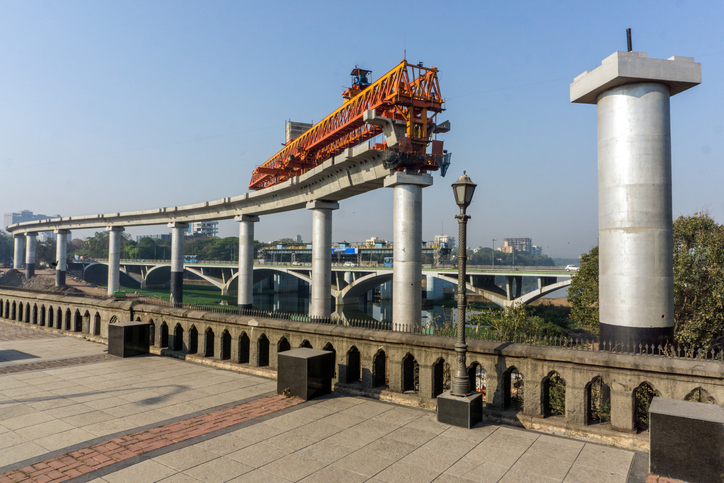The Union Cabinet on Wednesday approved Phase-2 of the Pune Metro Rail Project, which includes two new corridors: Vanaz to Chandani Chowk (Corridor 2A) and Ramwadi to Wagholi/Vitthalwadi (Corridor 2B). These corridors are extensions of the existing Vanaz–Ramwadi line developed under Phase-1.
The two elevated corridors will together span 12.75 km, incorporating 13 stations and connecting rapidly developing suburban areas such as Chandani Chowk, Bavdhan, Kothrud, Kharadi, and Wagholi. The project is expected to be completed within four years.
With an estimated cost of Rs. 3,626.24 crore, the project will be jointly funded by the Government of India, the Government of Maharashtra, and external bilateral/multilateral agencies. It aligns with Pune’s Comprehensive Mobility Plan (CMP), aiming to create a continuous Chandani Chowk to Wagholi east-west metro corridor and strengthen mass transit options in the city.
Once completed, the new corridors will serve major IT hubs, business zones, educational institutions, and residential neighborhoods, significantly improving public transport accessibility and increasing overall metro ridership. Integration at the District Court Interchange Station with Line-1 (Nigdi–Katraj) and Line-3 (Hinjewadi–District Court) will offer seamless multimodal travel across the Pune metropolitan area.
The long-term vision for Pune’s urban transport also includes the integration of intercity bus services. Passengers arriving from cities such as Mumbai and Bengaluru will be able to connect through Chandani Chowk, while those coming from Ahilya Nagar and Chhatrapati Sambhaji Nagar will find convenient links at Wagholi. This is expected to reduce congestion on major city roads like Paud Road and Nagar Road, offering citizens safer, faster, and greener travel options.
Projected incremental daily ridership for the expanded Line-2 corridor is estimated at 0.96 lakh in 2027, rising to 2.01 lakh by 2037, 2.87 lakh by 2047, and 3.49 lakh by 2057.
The project will be executed by Maharashtra Metro Rail Corporation Limited (Maha-Metro), which is responsible for all civil and electro-mechanical work. Pre-construction activities such as topographical surveys and detailed design consultations have already begun.














